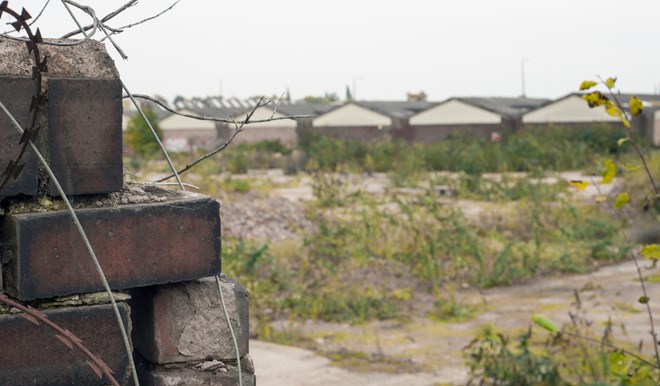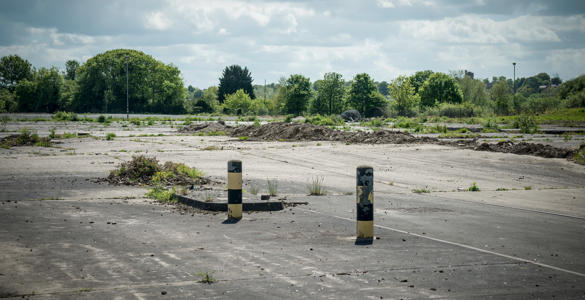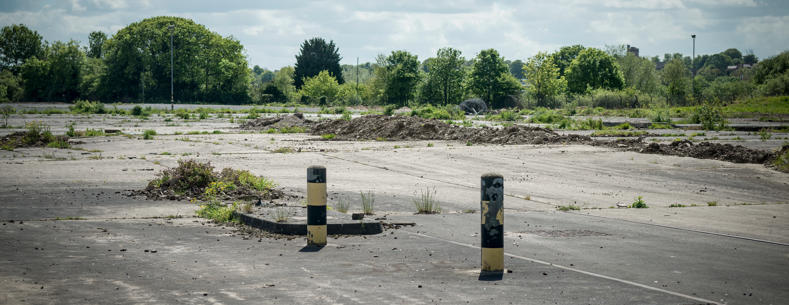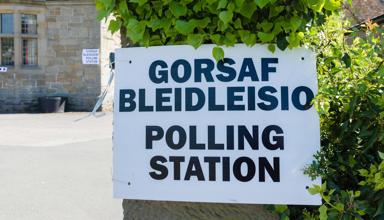Wales seems no closer to introducing a vacant land tax.
The Welsh Government can’t introduce the tax until the UK Government agrees to devolve the necessary powers.
But the Welsh Government says that discussions with the UK Government to devolve competence for a vacant land tax have reached an impasse.
It claims the UK Government has repeatedly changed the goalposts on what information the Welsh Government needs to provide for the relevant tax powers to be devolved.
The UK Government hasn’t commented publicly on the issue.
How did we get here?
The Government of Wales Act 2006 enables new devolved taxes to be created. In 2017 the Welsh Government suggested four possible tax ideas:
- a disposable plastic tax;
- a levy to fund social care;
- a tourism tax; and
- a vacant land tax.
In 2018, the Welsh Government chose a vacant land tax to “test the powers” set out in the Wales Act 2014 (see below). The tax is intended to encourage the building of new homes and increase commercial development on vacant land.
How does the process work?
The 2014 Act was accompanied by a Command Paper: Wales Bill: Financial Empowerment and Accountability. The paper sets out the criteria that potential new taxes would be assessed against. These include the extent to which the new tax:
- affects UK macroeconomic or fiscal policy;
- increases tax avoidance risks or creates additional compliance burdens for business and/or individuals; and
- is aligned with devolved responsibilities.
The paper also sets out the details the Welsh Government needs to provide when proposing a new tax to be devolved. These include:
- the tax base;
- estimated revenue and economic impact;
- estimated impact on UK revenue or interaction with UK-wide taxes;
- expected impacts on business and individuals;
- assessment against all relevant legislation, including the Human Rights Act 1998, Equality Act 2010; and
- collection and compliance plans.
If the UK Government agrees that the proposed new tax met the criteria then an Order of Council would need to be approved by each House of Parliament and the Senedd before the tax powers could be devolved to Wales.

What has Welsh Government said?
In September 2020, the Finance Minister, Rebecca Evans, submitted a formal request to the UK Government to devolve further tax competence for a vacant land tax in March 2020.
The Minister reported that the “request followed over two years of work by Welsh Government to ensure HM Treasury had sufficient information to assess Welsh Government proposals”.
However, the Minister was critical of the process:
The experience of moving through the process has been protracted and challenging, with HM Treasury continually requesting detail related to the specific operation of the proposed tax - a matter for Wales - rather than information related to devolving competence for legislation in a new area of taxation.
The Minister felt the process was unsuitable, commenting that “HM Treasury are able to move the goalposts as to what information is required at any point”.
This gave rise to scepticism about new tax powers being devolved to Wales. The Minister said:
Given the challenges encountered taking this particular, very narrow area of legislative competence through the mechanism, it is difficult to envision a scenario whereby, with the current UK Government approach, the Welsh Government could successfully make the case for further tax competence.
To date, the UK Government has not responded to these issues.
Is there a solution?
The Welsh Government previously considered whether there is a case for third-party assessment of the information it provides to support a proposal for devolving tax powers. This could give independent oversight of the process.
It’s unclear how much progress the Welsh Government has made in this area.
The Welsh Government will lead a Senedd debate on the devolution of new tax powers on Tuesday 5 October. You can watch the debate live on Senedd TV.
Article by Christian Tipples, Senedd Research, Welsh Parliament






